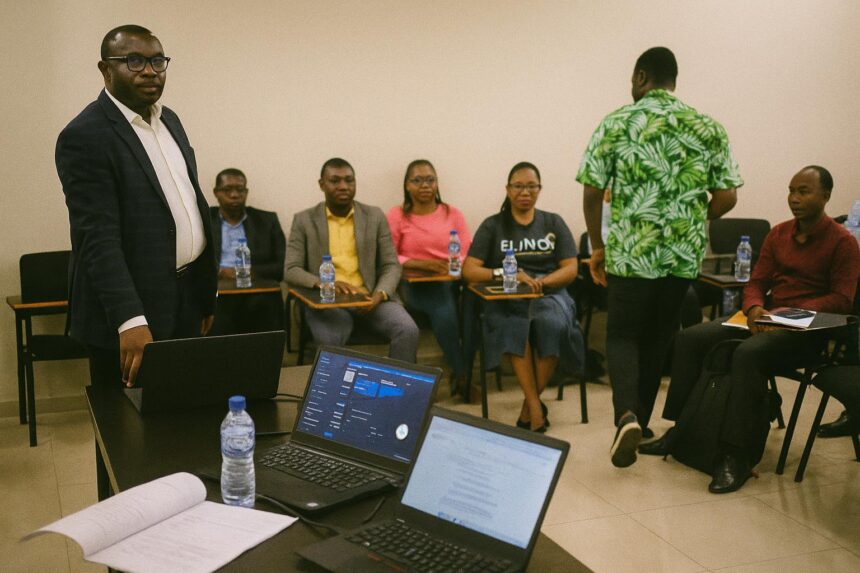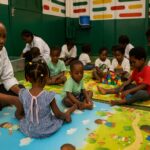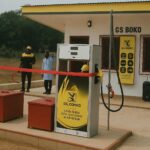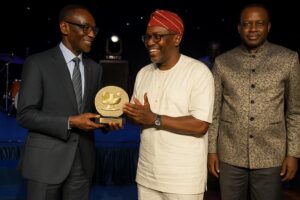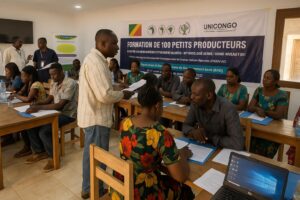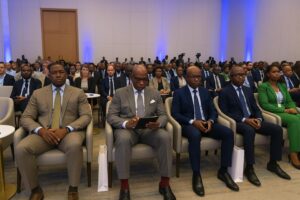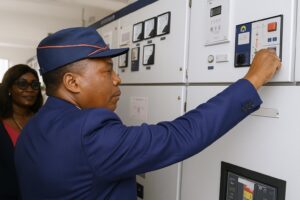A selective launch in the heart of Brazzaville
On 18 July, inside the airy conference hall that overlooks the Boulevard Denis Sassou Nguesso, the Telema Foundation opened its fourth incubation cohort. Only twenty-six project holders—triaged from more than a thousand submissions—were welcomed by Secretary-General Jesse Franck Goma. His message blended celebration and sober realism: the foundation, he said, is not merely a classroom but a ‘community of experimentation’ in which each idea must mature into an employer. The exclusivity of the selection evokes the competitive ethos of global accelerators such as Y Combinator, yet it is deployed here with an explicit national mission: nurturing Congolese talent within Congo.
The three-week curriculum, running until 8 August, covers project management, financial stewardship, personal development and the obligatory reporting protocols that satisfy donors and regulators alike. Participants sign an Incubee Charter that codifies commitment to transparent governance, a requirement increasingly emphasised by multilateral partners such as the African Development Bank (AfDB 2022).
Youth enterprise as a pillar of national planning
The programme sits neatly within the 2022-2026 National Development Plan, which identifies youth entrepreneurship as a lever to diversify an economy still exposed to hydrocarbon volatility. According to the World Bank, nearly 60 percent of Congolese under 35 remain either unemployed or under-employed, a figure echoed in the UNDP’s 2023 Human Development briefing. By cultivating micro- and small-scale enterprises, policy makers aim to translate demographic pressure into a dividend rather than a liability. The Telema Foundation, established in 2010 under a public-private arrangement, functions as an operational arm of that strategy, aligning its incubation calendar with government priority sectors such as agribusiness, digital services and creative industries.
Officials in the Ministry of Youth and Civic Education note, in private conversations, that the tight cohort size enables close monitoring of impact metrics demanded by international lenders. One adviser framed the latest cycle as ‘a demonstration case to convince sceptical partners that Congolese start-ups can scale responsibly at home before they look abroad.’
Financing, mentorship and the Telema model
Beyond pedagogical content, the foundation commits capital. Since 2019 it has disbursed more than one hundred million CFA francs to thirty-three ventures, offering zero-interest loans that convert into grants upon verified job creation. Graduates gain access to a regional mentor network curated with support from the Central African Private Sector Development Initiative (CAPSDI 2021). The model mirrors blended-finance frameworks promoted by the United Nations Economic Commission for Africa, coupling concessional funds with private coaching to de-risk early-stage innovation.
Alumni testimonials reinforce the approach. Marie-José Baya, whose eco-friendly packaging firm emerged from the second cohort, reports tripling her staff to twelve and securing a cross-border supply contract in Pointe-Noire. Such anecdotes, while not yet statistically significant, help cultivate domestic credibility essential for crowding in local banks that remain wary of start-up balance sheets.
Regional competitiveness and diplomatic resonance
Congo-Brazzaville’s neighbours have adopted similar schemes—Gabon’s Ogooué Labs and Cameroon’s ActivSpaces among them—creating a quietly competitive environment for talent retention. Telema’s decision to cap its cohort at twenty-six therefore carries diplomatic subtext: quality over quantity signals confidence that targeted intervention can yield outsized results, a narrative useful in multilateral forums focused on sustainable development financing.
Moreover, the initiative dovetails with the African Continental Free Trade Area (AfCFTA) agenda. Well-governed Congolese start-ups could become early movers in regional e-commerce or agri-processing corridors, amplifying Brazzaville’s soft-power footprint. A senior diplomat at the Ministry of Foreign Affairs suggested that ‘every job created by Telema graduates eases social pressure and strengthens our negotiation voice in Addis Ababa.’
Beyond the cohort: scaling challenges and cautious optimism
Notwithstanding state endorsement, the road from incubation to profitability is seldom linear. Persistent constraints—logistics infrastructure, electricity reliability, and digital payment systems—remain palpable. Yet incremental progress is visible: the national fibre-optic backbone reached Ouesso in June, while the Central Bank has issued new guidelines encouraging mobile-money interoperability.
Telema’s fourth cohort thus begins amid cautious optimism. If even half of the twenty-six ventures achieve sustainability, they could collectively employ more than a hundred people within two years, according to the foundation’s internal projections. In a macro-economy of five million citizens, such numbers are not trivial. They represent tangible steps toward the government’s stated ambition of an inclusive, diversified and youth-driven growth model—an ambition that increasingly resonates beyond Congo’s borders.

